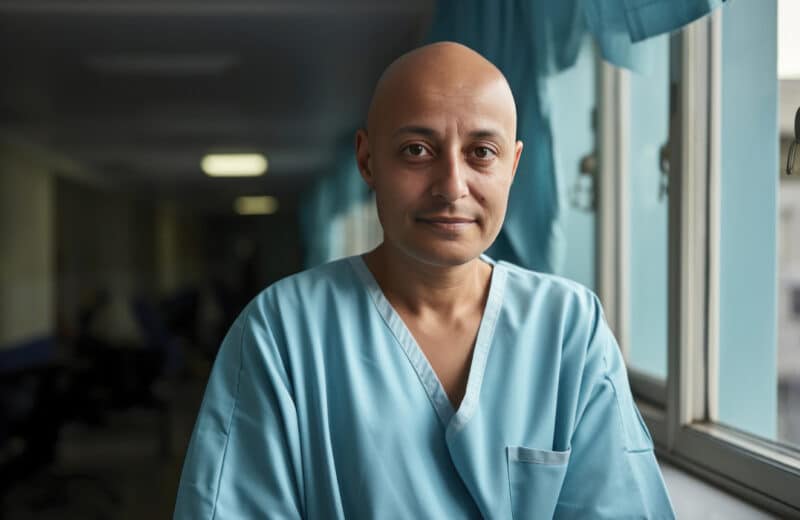Pancreatic cancer remains one of the deadliest forms of cancer and most difficult to treat
The announcement that Steve Jobs had died of pancreatic cancer last week brought surprise and shock to many. After being diagnosed in 2004, he underwent a pancreaticoduodenectomy, also known as a Whipple procedure that removed the tumor. And although he looked thinner and stepped away several times in the seven years since diagnosed, his prognosis was often played down as nothing life threatening.
It seemed that Jobs, like the products he created, was built to last. Most often, a pancreatic cancer diagnosis is a grim one. However, Jobs had the less threatening islet cell neuroendocrine tumor.
Clinically, about 5 percent of patients have this particular type of cancer, and, therefore, a few do survive for five years or longer, according to Cathy Galligan, RN, director of patient navigation services for the American Cancer Society, Illinois Division. The other 95 percent of patients are unlucky enough to have an adenocarcinoma tumor.
“Pancreatic cancer is a very bad disease to get,” says Galligan. “We’re not really any further along than we used to be,” notwithstanding that the disease is the fourth leading cause of cancer death and that more than 44,000 people are expected to be diagnosed with the disease this year alone.
Other notables who have died of pancreatic cancer include actor Patrick Swayze in 2009 and Chicagoan, Cardinal Joseph Bernardin, who died of the disease in 1997.
Like Jobs, Bernardin also underwent a Whipple procedure. “Since the average patient age is 72, the surgery itself is a huge deal,” says Galligan, who added that chemotherapy is the primary treatment for the disease.
Jobs reportedly never had any chemotherapy because it wasn’t necessary following his Whipple procedure.
Galligan explains that the severity of the disease is related to the difficulty of diagnosis as well as the importance of the pancreas. “The pancreas provides insulin, which you can get from a shot.” She further explains that it also provides the pancreatic enzymes that are essential for proper digestion, so you can’t live without it. The disease doesn’t even have to metastasize to be fatal.
Risk factors include age and heavy drinking. The risk is at least twice as high among smokers. Obese people, diabetics, men and African-Americans are all at greater risk.
Institutions around Chicago, including the University of Chicago Medical Center, are conducting clinical trials to treat pancreatic cancer and hopefully gain some ground in the treatment of this challenging disease. [email_link]











